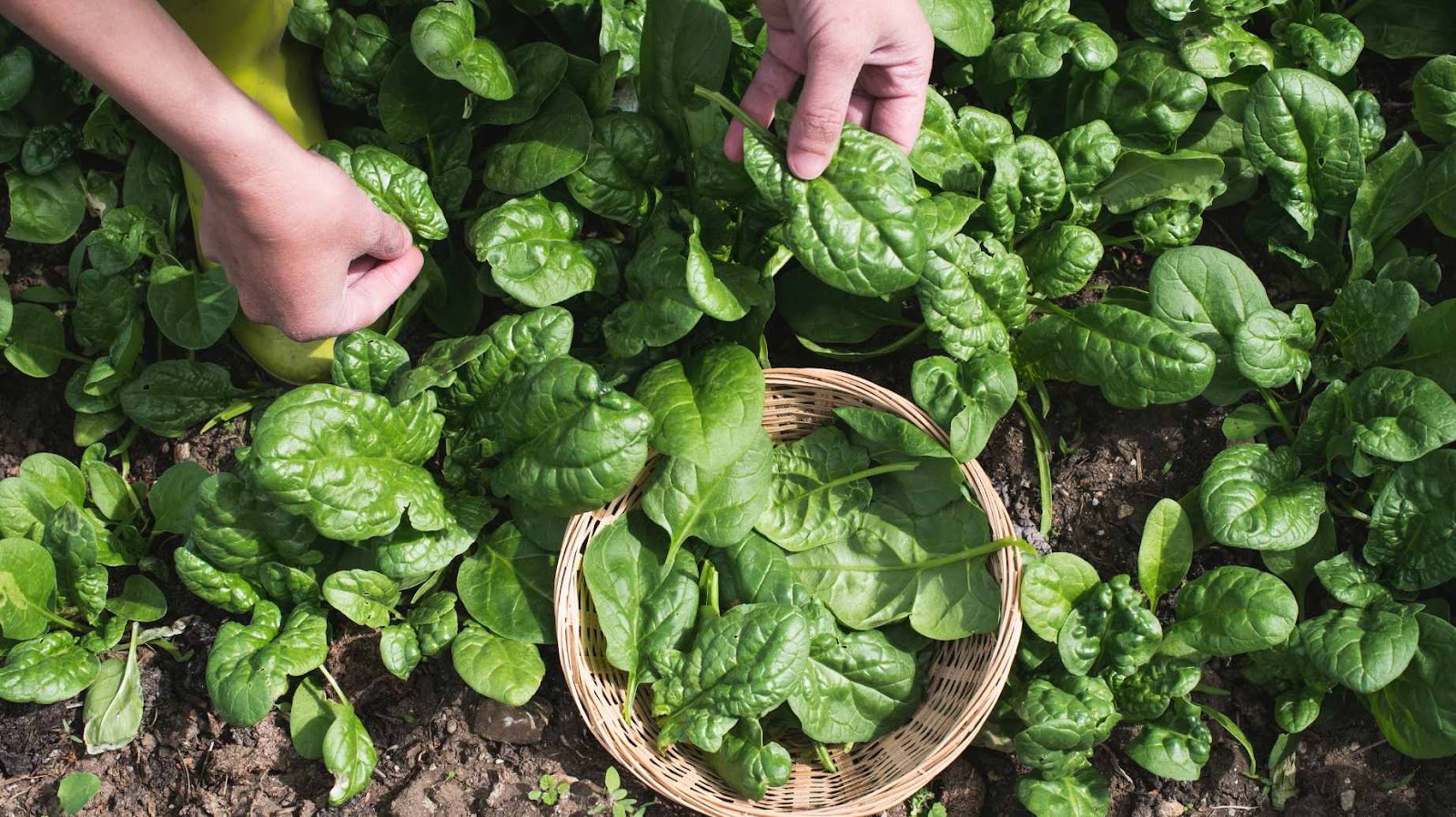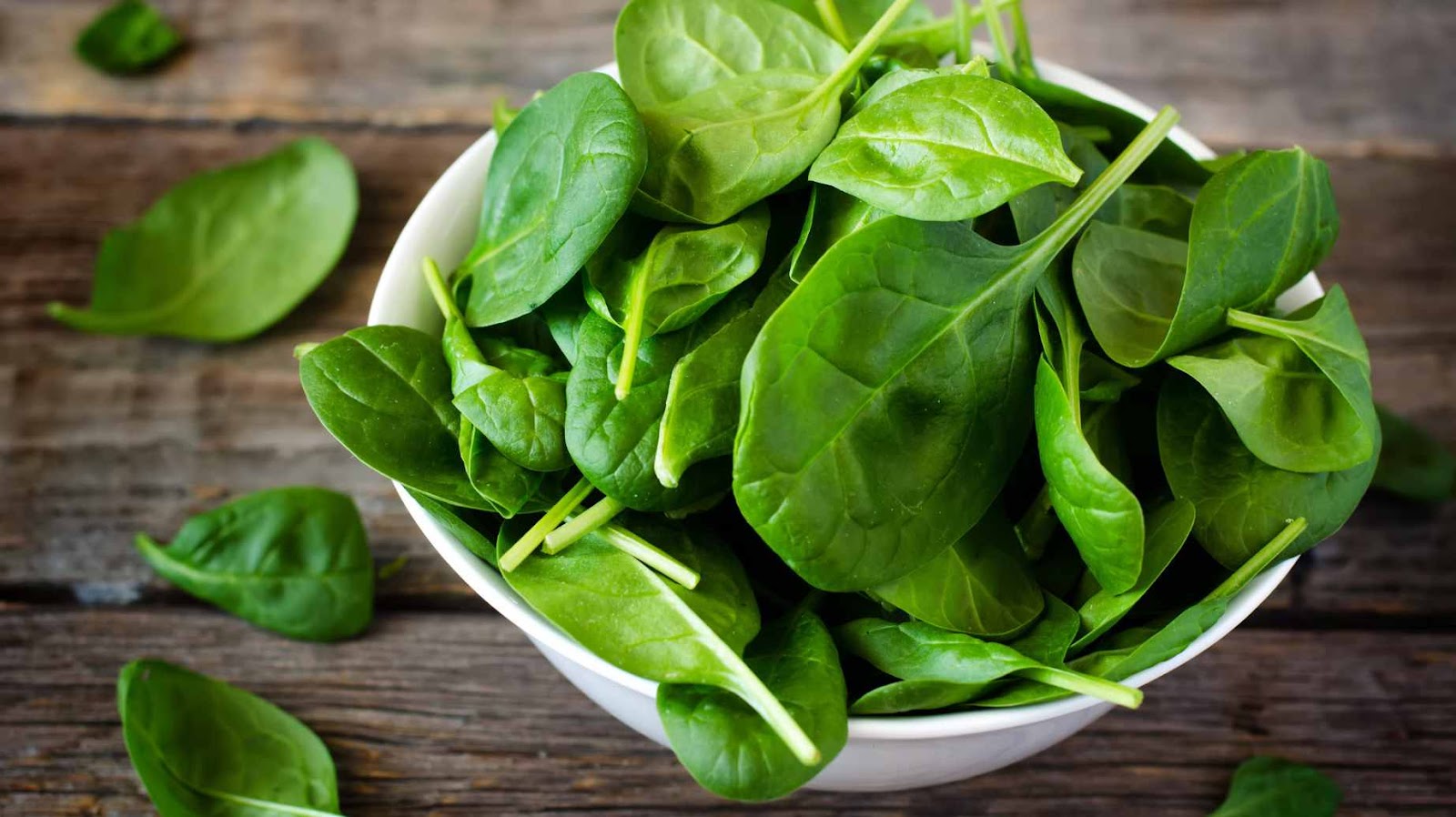Bearded dragons are a type of lizard that is popular as a pet. They are native to Australia and live in arid, dry climates. Spinach is a leafy green vegetable that is high in nutrients and can be a part of a healthy diet for humans. However, spinach is not recommended for bearded dragons as it can cause health problems.
There are two main types of spinach that are grown commercially, flat leaf and curly leaf. Curly leaf spinach has more oxalates than flat leaf spinach and is more likely to cause problems for bearded dragons. When consumed in large quantities, oxalates can bind with calcium in the gut and prevent absorption. This can lead to calcium deficiency and metabolic bone disease, which can be deadly for bearded dragons.
Flat leaf spinach has lower levels of oxalates and is generally considered to be safer for bearded dragons. However, it is still advisable to feed spinach sparingly as it is not a natural part of their diet. Bearded dragons should eat mostly insects, with some vegetables such as winter squash, as part of their diet.
Can Bearded Dragon Eat Spinach
Spinach is a leafy, green vegetable that is popular among health-conscious individuals. It is often touted for its high nutrient content, including vitamins A, C, and K. Spinach is also a good source of iron and calcium.
Bearded dragons are a type of lizard that are commonly kept as pets. They are native to Australia and live in semi-arid desert habitats. Bearded dragons have become popular pets in recent years due to their docile nature and ability to be easily trained.
While spinach is a healthy food for humans, it can be dangerous for bearded dragons. This is because bearded dragons are unable to properly digest oxalates, which are found in high concentrations in spinach. Oxalates can bind to calcium in the gut, preventing absorption and leading to calcium deficiency. Calcium deficiency can cause a number of health problems in bearded dragons, including weak bones and muscle tremors. For this reason, it is important to avoid feeding spinach to your bearded dragon.

The Nutrients in Spinach
Bearded dragons are omnivores, which means they need both animal protein and plant matter in their diet. spinach is a good source of vitamins A and K, as well as magnesium, iron, and calcium. but there are some risks to consider before adding spinach to your bearded dragon’s diet. One of the biggest risk factors is oxalic acid. This compound binds with calcium in the gut, preventing absorption. This can lead to health problems like metabolic bone disease. Spinach is also a high-nitrate vegetable. When beardies consume too much nitrate, it can lead to a condition called methemoglobinemia, which prevents oxygen from being properly distributed in the blood.
If you do decide to feed your beardie spinach, do so in moderation and always offer a variety of other nutrient-rich vegetables as well.

The Risks of Spinach For Bearded Dragons
Bearded dragons are a type of lizard that is popular to keep as a pet. They arenative to Australia and typically live for 10-15 years. Bearded dragons are omnivores, which means they eat both plants and animals. While most of their diet should be made up of insects, they can also eat leafy greens like spinach. However, there are some risks associated with feeding spinach to bearded dragons.
Oxalates
Bearded dragons are reptiles that are native to Australia. They are popular pets because they are relatively low maintenance and can be friendly. However, like all pets, they need to be properly cared for in order to stay healthy. One of the things you need to be aware of when caring for a bearded dragon is the risk of oxalates. Oxalates are compounds found in some plants that can be harmful to bearded dragons if they eat too much of them. Spinach is one plant that contains high levels of oxalates, so it should be avoided.
Goitrogens
One of the biggest concerns when feeding bearded dragons spinach is goitrogens. These are substances that can interfere with the thyroid gland and prevent it from working properly. This can lead to a condition called hypothyroidism, which can be very serious. goitrogens are found in a variety of foods, but they are especially common in cruciferous vegetables like spinach. While goitrogens are not necessarily harmful to healthy people, they can be a problem for those with thyroid conditions or other health problems.
It’s important to remember that goitrogens are only a concern if they are consumed in large quantities. If you feed your bearded dragon spinach on a regular basis, it’s unlikely that goitrogens will be a problem. However, if you’re concerned about goitrogens, you can cook the spinach before feeding it to your bearded dragon. This will destroy the goitrogens and make the spinach safe to eat.
How to Feed Spinach to Bearded Dragons
Bearded dragons are omnivores, which means they eat both plants and animals. A bearded dragon’s diet consists of about 80% vegetables and 20% live insects. Spinach is a vegetable that can be fed to bearded dragons, but there are a few things you need to know before feeding spinach to your bearded dragon.
Moderation
Spinach is a nutritious leafy green vegetable that is safe for humans to eat. This does not necessarily mean that it is also safe for bearded dragons to consume. In fact, there are some risks associated with feeding spinach to these reptiles.
The biggest concern with feeding spinach to bearded dragons is the high level of oxalates present in the leaves. Oxalates are compounds that can bind with calcium in the body and prevent its absorption. This can lead to problems such as metabolic bone disease, which can be fatal.
For this reason, it is important to feed spinach to bearded dragons only in moderation. If you do choose to feed it to your reptile, make sure to remove the stem and chop the leaves into small pieces. It is also a good idea to supplement with calcium powder to offset the effects of the oxalates.
